Connecting You to What Matters
Comprehensive IDD Resources
The intellectual and developmental disabilities sector is a vast mixture of public and private organizations and entities. It can be complex to navigate. To get you started, we’ve provided some high-level resources that can help donors, professionals, and people seeking services in their geographical area. Many of these links provide the option to connect to resources in your state.
If you don’t find what you’re looking for, please Contact Us and we’ll gladly help!

Understanding Intellectual and Developmental Disabilities (IDD)
The Foundation utilizes the following definition of “intellectual and developmental disability”: Developmental disabilities are severe, life-long disabilities attributable to mental and/or physical impairments, manifested before the age of 22. Developmental Disability results in substantial limitations in three or more areas of major life activities:
- Capacity for independent living
- Economic self-sufficiency
- Learning
- Mobility
- Receptive and expressive language
- Self-care
- Self-direction
From the Developmental Disabilities Assistance and Bill of Rights Act of 2000
Examples of developmental disabilities include Down syndrome, fetal alcohol syndrome, behavior disorders, Fragile X syndrome, brain injury, cerebral palsy, and intellectual disability.
A type of developmental disability, an intellectual disability, is characterized by significant limitations both in intellectual functioning and in adaptive behavior as expressed in conceptual, social, and practical adaptive skills and originates before the age of 18 (from the American Association on Intellectual and Developmental Disabilities).
The Enterline Foundation does not include mental health diagnoses or learning disorders as a sole diagnosis in its definition of IDD and as such does not fund programs addressing these issues as a singular focus.
The Enterline Foundation is not responsible for the content of externally linked sites. It is the sole responsibility of the user to adhere to the privacy policy of externally linked sites. External links are provided as a convenience, and the inclusion of any link does not imply endorsement by The Enterline Foundation.
Services and Support
The following resources will be helpful to individuals and families who are seeking IDD services at many stages of life: school, college, adult services and employment.
State Intellectual and Developmental Disability Agencies
https://www.nasddds.org/state-agencies/
Inclusive Post-Secondary Education Programs
https://thinkcollege.net/college-search
Vocational Rehabilitation Agencies
https://rsa.ed.gov/about/states
State Departments of Education
https://www2.ed.gov/about/contacts/state/index.html
Join Our Place
https://www.joinourplace.com
Research
These entities facilitate the flow of information between the community and universities, conduct critical research and drive systems change.
University Centers for Excellence
https://systems.aucd.org/directory/directory.cfm?program=UCEDD
Human Services Research Institute
https://www.hsri.org/focus-areas/intellectual-developmental-disabilities
National Residential Information Systems Project (RISP)
https://risp.umn.edu/
The State of the States in IDD
https://stateofthestates.ku.edu/
The National Report on Employment Services and Outcomes
https://www.thinkwork.org/statedata
National Core Indicators – Adult Family Survey
https://idd.nationalcoreindicators.org/family-member/
National Core Indicators – Individual Survey
https://idd.nationalcoreindicators.org/in-person-individual/
National Core Indicators IDD State of the Workforce Survey
https://idd.nationalcoreindicators.org/staff-providers/
Public Advocacy
These entities are publicly funded resources that are available in each state and with a focus on public policy, systems change, legal based advocacy and protection, and the promotion of a philosophy of independence and empowerment for persons with disabilities.
State Developmental Disabilities Councils
https://acl.gov/programs/aging-and-disability-networks/state-councils-developmental-disabilities
State Protection and Advocacy Agencies
https://acl.gov/programs/pa-programs
Centers for Independent Living
https://acl.gov/programs/aging-and-disability-networks/centers-independent-living
National Advocacy and Training
These organizations provide a wealth of information on the IDD sector, including current public policy and legislative activity as well as training opportunities for families and professionals.
ANCOR
www.ancor.org
American Association on Intellectual and Developmental Disabilities
https://www.aaidd.org
The Arc
https://thearc.org
United Cerebral Palsy
www.ucp.org
National Alliance of Direct Support Professionals
www.nadsp.org
National Leadership Consortium
www.natleadership.org
Donor Resources
The Enterline Foundation’s profile can be found here, along with those of service delivery nonprofits and grantmaking foundations.
Candid/GuideStar
www.guidestar.org
Access Funding
Our Loan Program
The Enterline Foundation’s loan program assists organizations with the unexpected – when opportunity knocks and when emergencies disrupt operations. Loan funds are offered at terms more favorable than what might be obtained through typical commercial credit and may be used to accelerate a project in the short term or respond to emergency needs. The goal is to provide a bridge until the organization can raise needed funds or cover costs through normal operations.
Although not limited to these, The Enterline Foundation envisions loans might be made for capital asset acquisition, emergency repair/maintenance, to respond to an immediate opportunity (e.g. to take advantage of a sale price on needed supplies or to jump start a program which addresses a critical need), or to meet short term liquidity needs.
The Enterline Foundation has established an application process and timeline which is intended to balance responsiveness and diligence. However, if an organization is experiencing a genuine emergency and requires a more immediate response, every effort will be made to act expeditiously. In either case, the first step is to contact the Executive Director of the Foundation.
Request for Proposals
Building on The Enterline Foundation’s current commitment to supporting the recruitment, professional development and retention of DSPs; the experience of its staff and Board in supporting initiatives that improve assistive and augmentative communication for adults with IDD; and its connections to IDD providers in GA, The Enterline Foundation requests proposals for the following project:
Supporting adults with IDD with Complex Communication Needs: DSP training and Organizational Sustainability Model Development.
The deadline for proposals is March 18, 2026 at 8:00pm EST. For a copy of the RFP, interested parties may email Susan Boland Butts, Executive Director, at sbolandbutts@enterlinefoundation.org.

